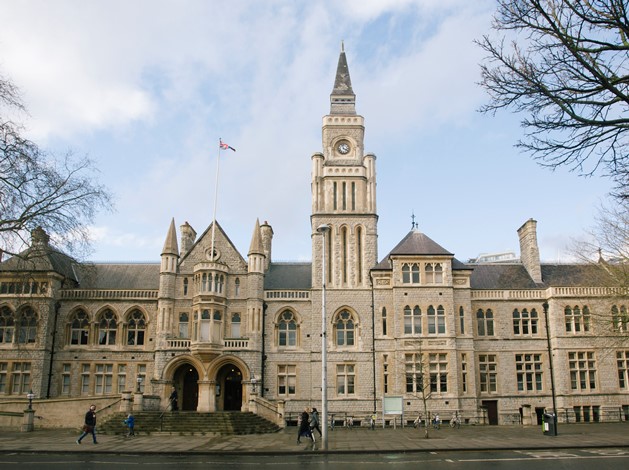At Ealing’s full council meeting last night (26 February 2019) a proposal to charge people with empty properties 100% more for their council tax in a bid to bring more homes back into use was agreed.
Ealing, like other parts of the capital, is facing a severe housing shortage. The council’s administration was elected last May with a commitment to deliver 2,500 genuinely affordable homes over the next four years – the most ambitious plan in London.
From April 2019, new regulation allows local authorities to charge property owners up to 100% extra for council tax on properties that have been empty for two years or more. There are currently 346 properties in the borough that have been empty for more than two years. Anyone with a property empty for two years or more will now see their bill double from 1 April.
At the meeting councillors also warned that after nine years of austerity, which has seen its government funding cut by 64p in every pound, the council has little choice but to put up core council tax by 2.99%.
Since 2010 councils across the country have seen their government funding cut far deeper than other public services. During this period, there has been record demand for vital services protecting vulnerable residents, including adult social care, child protection and homelessness.
The meeting also agreed to pass on the government’s 1% social care levy which is a separate charge that is used to help pay towards the care of older people and adults with additional needs. This means that the average council tax bill will rise by £1.38 a week from April 2019.
Councillor Julian Bell, leader of Ealing Council, said: “After nine years of ongoing cuts many councils are on the brink of bankruptcy and austerity is far from over.
“We spend roughly £7million pounds a month on social care, yet the increase in core council tax would only give us about £3.6million pounds to cover the whole year – which helps to explain the scale of our financial challenge. We have been doing all we can to protect frontline services. But, with just 36p remaining of each pound we used to get in government funding, we, like other councils, have no choice but to take some painful decisions to make ends meet.”
To help reduce the council’s budget gap from £57million the council has reviewed how it spends its money to make sure that it can improve the lives of people in greatest need. By doing this, as well as making efficiency savings including cutting back-office functions and tiers of management and by changing some services, it has agreed a budget that includes £24million of savings.
Councillor Bassam Mahfouz, cabinet member for finance and leisure, said: “We know that having a decent home is essential to improving people’s life chances which is why we have made it the council’s top political priority. I think, like me, most residents will think it is wrong that homes are being left empty so that investors can make money while others have no choice but to live in temporary accommodation.
“Given the depth of government cuts to our funding, we are having to redesign our services to make sure we are focussed on helping those most in need of our support. Over the summer around two-thirds of residents we spoke to at Ealing Summer events said they would like to do something good in their community and I’d encourage all residents who want to help make Ealing better to visit the Do Something Good website.”
Of the money raised through residents’ council tax bills, around 20% goes to the Greater London Authority to pay for the Metropolitan Police, the London Fire Brigade, Transport for London and other services, and projects managed by the GLA. The Mayor of London’s share of council tax bills, known as the precept, is expected to rise to £320.51 for Band D taxpayers, an increase of 50p per week.
The full budget strategy report is available on the council’s website.
The Band D council tax for 2019/20 will be £1,512.12. This includes the core council tax, the government’s social care precept and the GLA precept.





